“I love you very much. Please forgive me for separating you from me.”
These are words I've read countless times in messages from Guatemalan birth mothers to their now-adopted children. If you are an adoptive parent who's had a successful search there's a good chance your search report contains similar words.
The first time I read these words my heart ached to think the birth mother felt she needed to be forgiven, and I have to admit I didn’t understand. After all, she was the one making the sacrifice. She was the one giving something up. Why would she need forgiveness for such a selfless act?
Over the years the words don’t surprise me any longer and now I almost expect to see them in each search report I translate. But I’ve always thought this sentiment was something unique to Guatemalan birth mothers. Perhaps stemming from Guatemalan culture or perhaps the culture of adoption in Guatemala ,where adoption is so poorly understood, even by the birth mothers at its heart. Often birth mothers tell us how relieved they are that their child is alive and well as they have heard rumors of terrible things happening to adopted children. Maybe the guilt of having put their child at some risk is what they want forgiveness for. Admittedly, my experience with birth mothers is limited to Guatemala.
So when my best friend, who is the adoptive mom of two girls from China, recently forwarded me an article written by a young Chinese adoptee about her search for her birth mother, I was surprised to read how the author heard these same requests for forgiveness uttered by Chinese birth mothers. A ‘Lost’ Daughter Speaks and All of China Listens, written by Fulbright Scholar Jenna Cook, is well worth a read.
I now wonder if perhaps birth mothers understand something at a deeper level than I, as an adoptive mom, have been willing to fully consider up to now. Something that didn’t seem so important in the first years of becoming a mother, all consumed by feeding schedules, toilet training, and daycare options. But now, with adolescence staring me flat in the face as I watch my brown-skinned daughter struggle with how she fits into her white family and the world at large, I find myself reconsidering those words asking for forgiveness.
In her article, Jenna Cook writes of Chinese adoptees:
Although we gained new families, we lost our original culture, language, and citizenship rights. Many of us confronted racism in home communities where there were few other people of color.
Perhaps this is what birth mothers understand on an innate level or perhaps their wish for forgiveness has more to do with breaking the mother-child bond formed as they carried their babies. Either way, I've always believed there is nothing to be forgiven, they made the best choice they could in circumstances I can only imagine. Or maybe that is what I want to believe, since if they were guilty of an act that needed to be forgiven, doesn’t that make me, as the person responsible for the other half of the equation in my daughter's adoption, equally in need of forgiveness?
As always, thanks for reading and I would love to hear your thoughts in the comments or via email.
Abrazos,
Velvet

